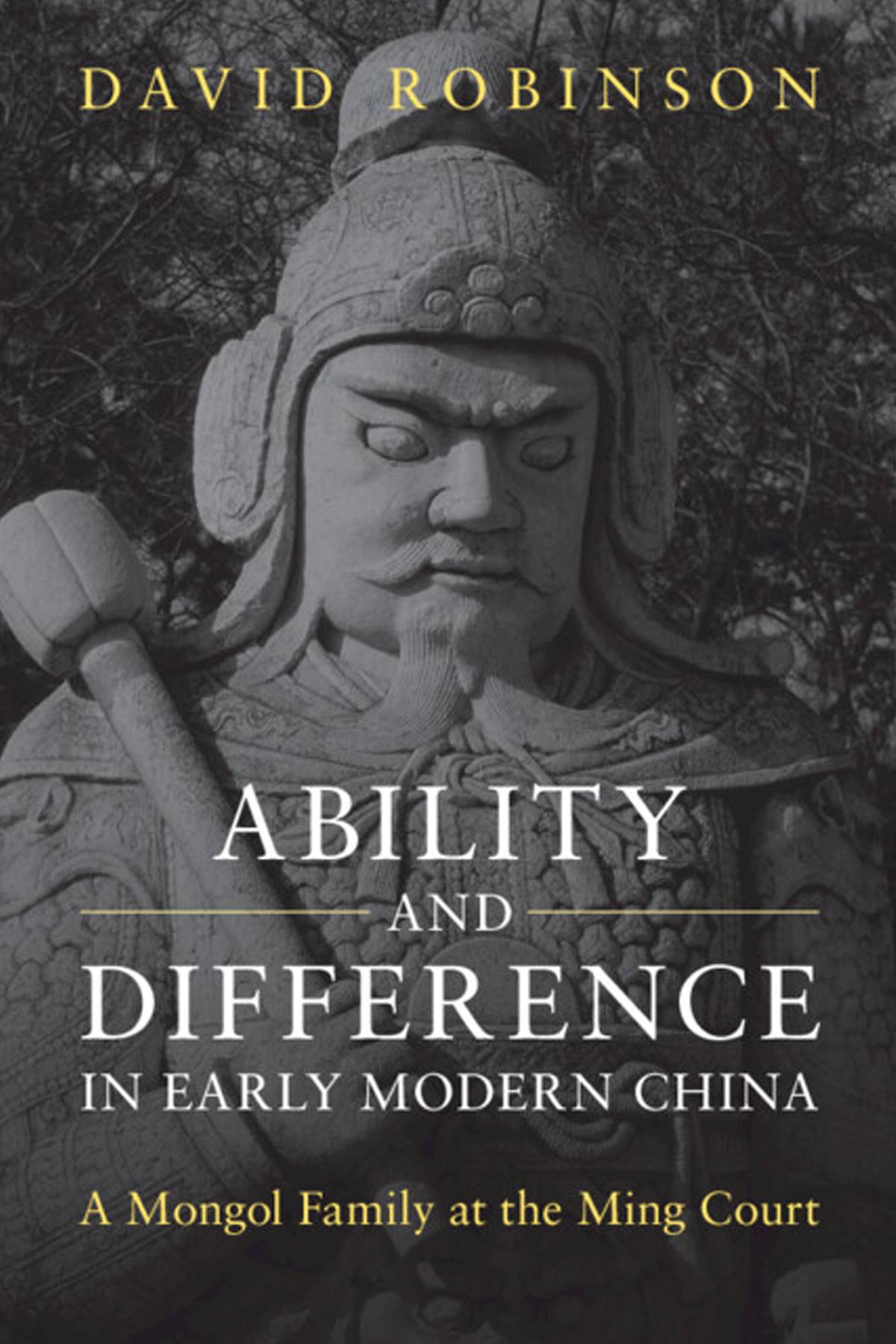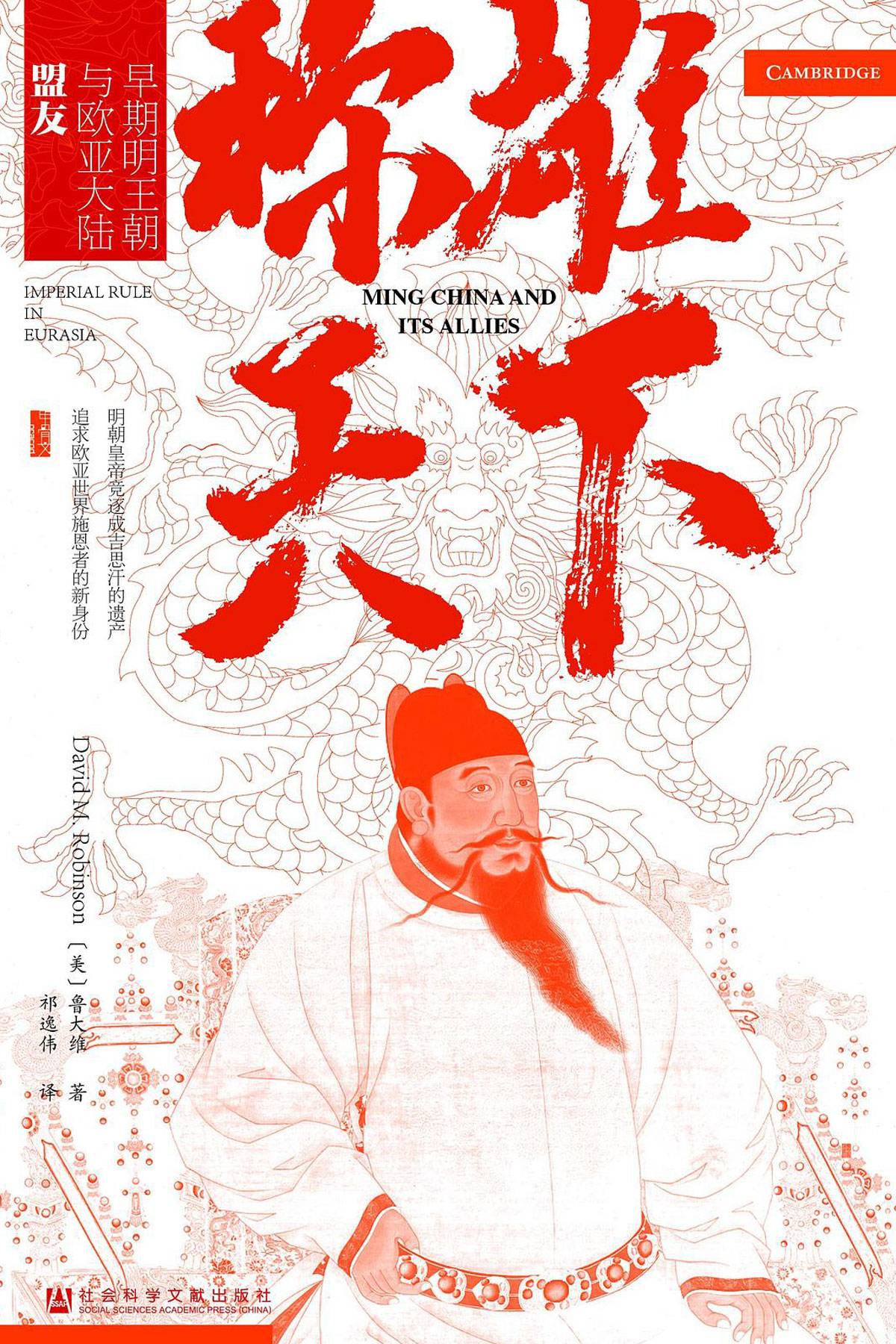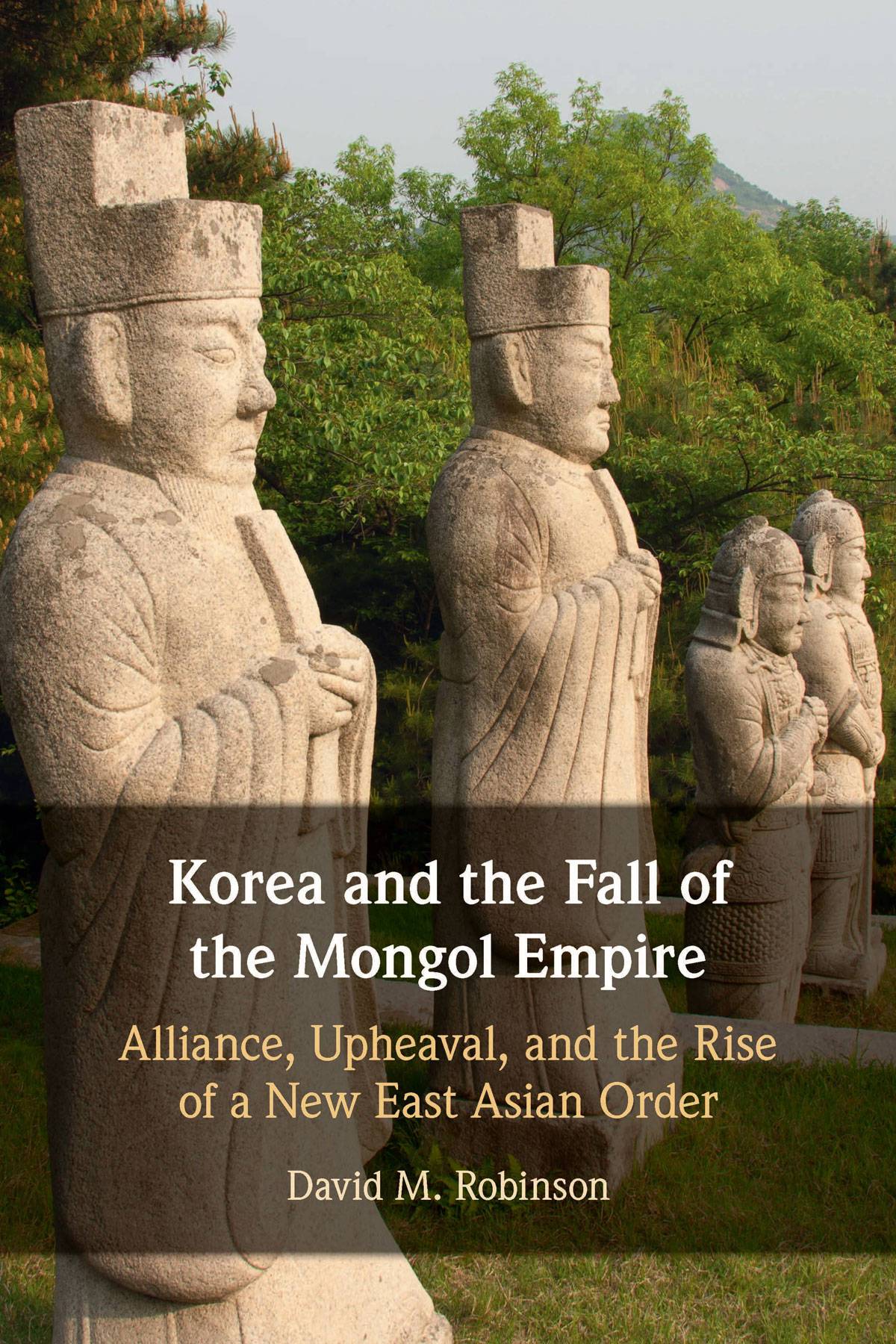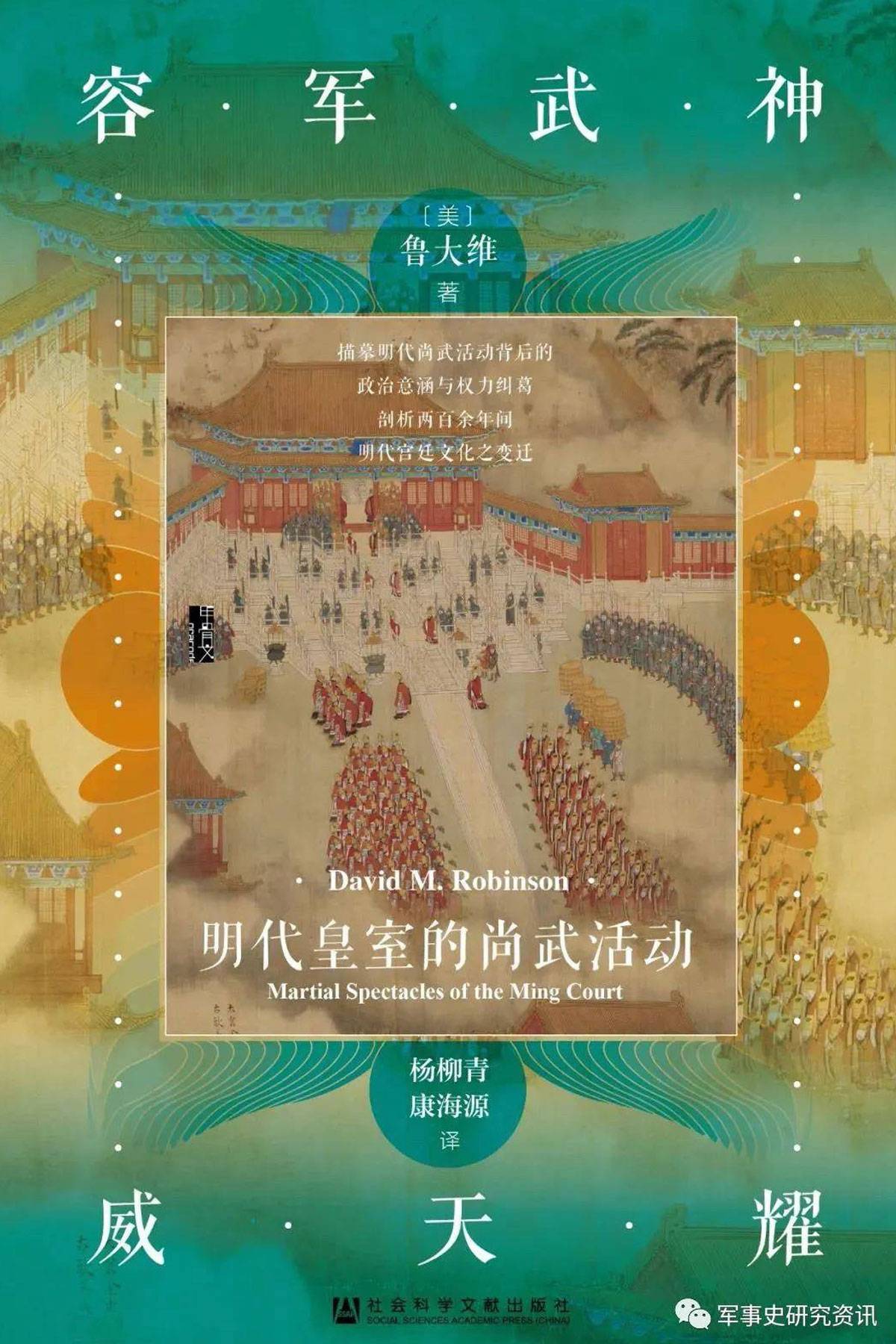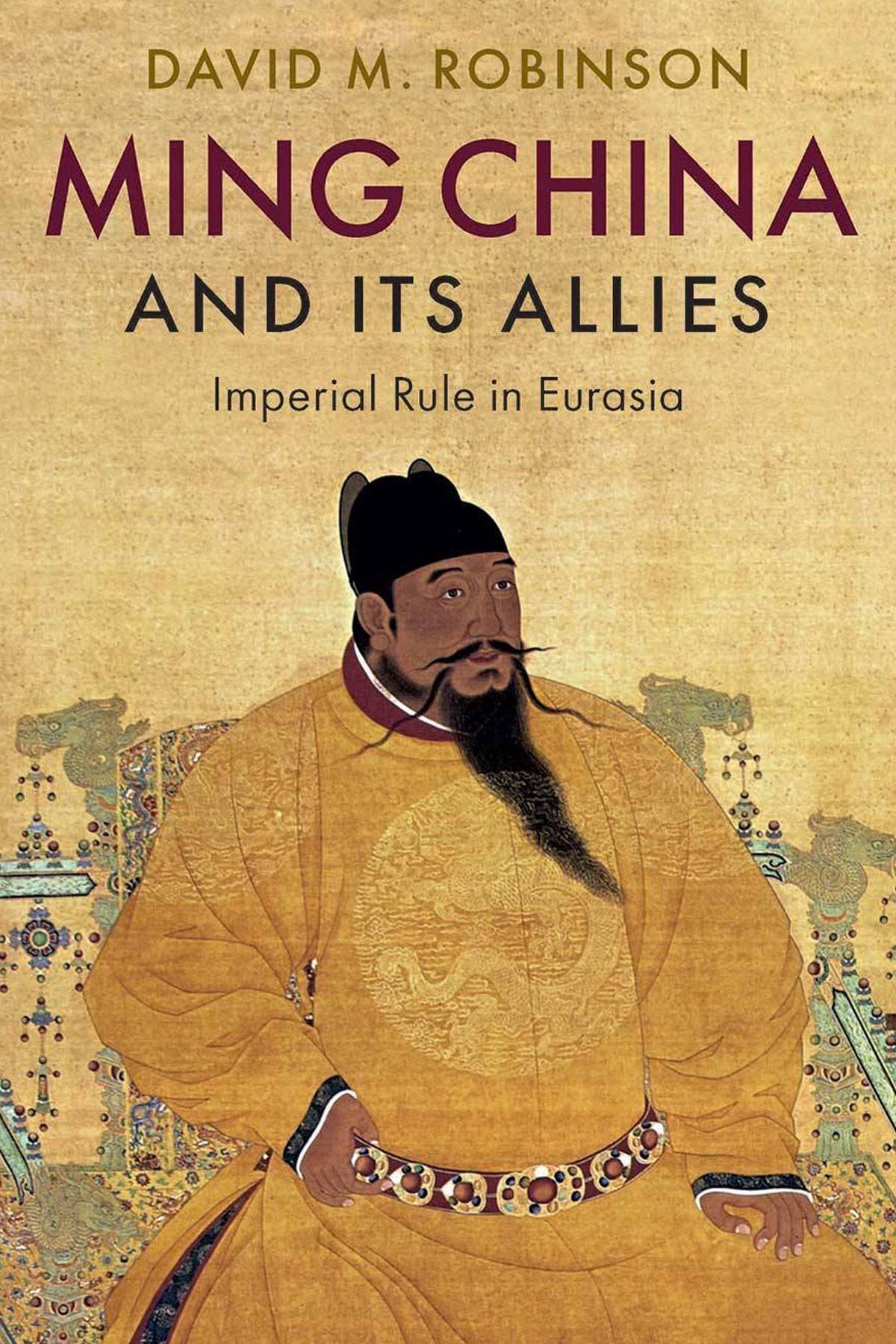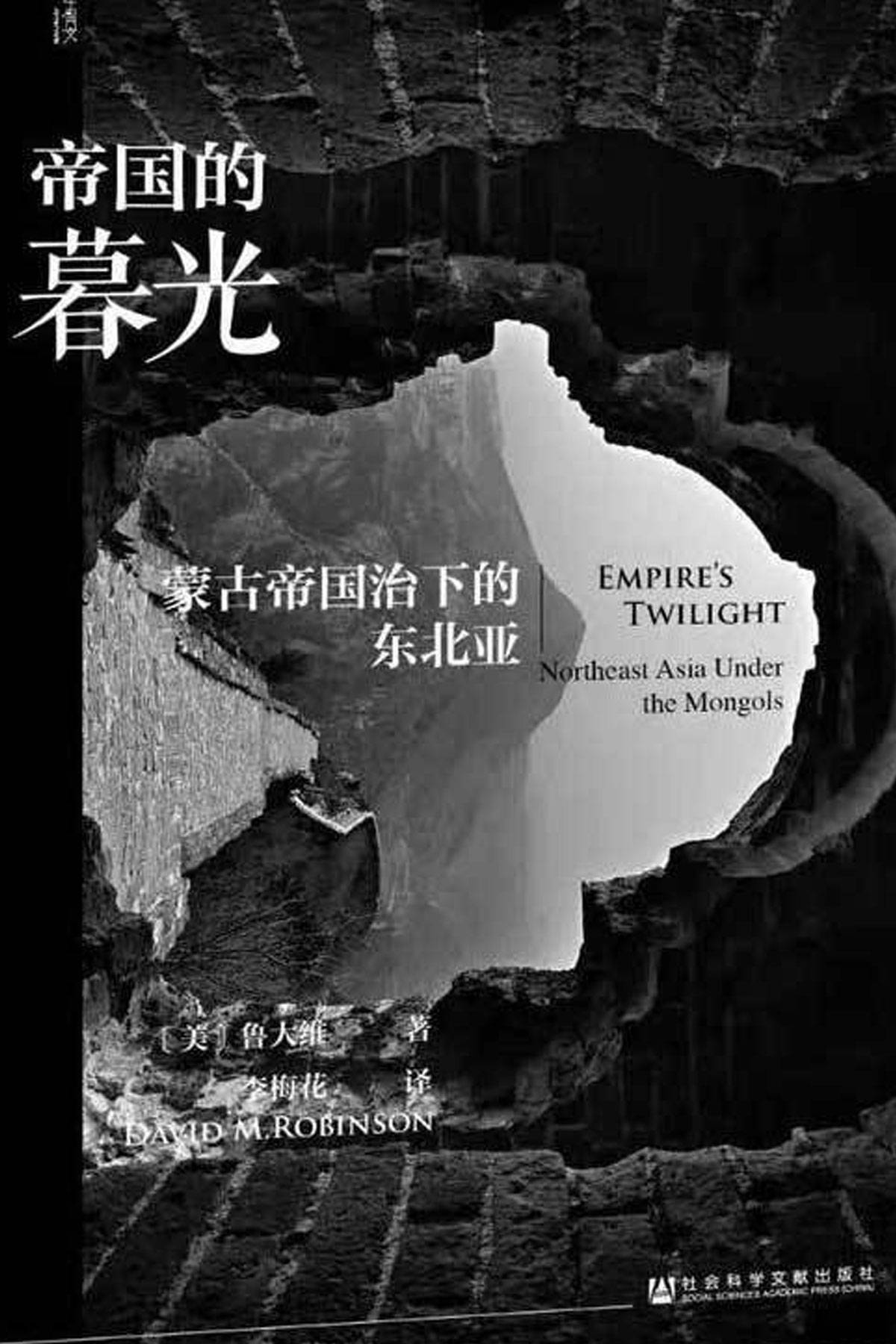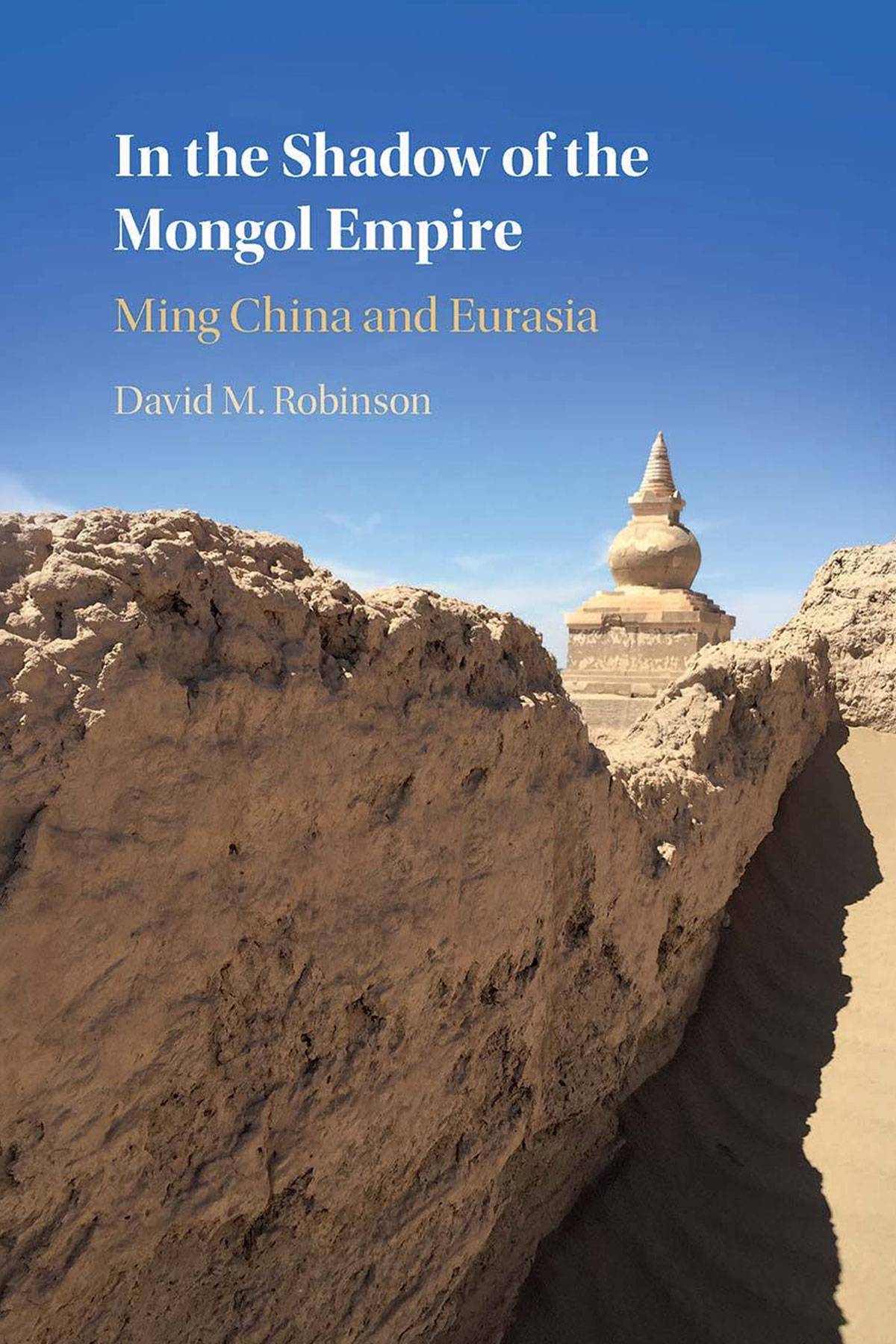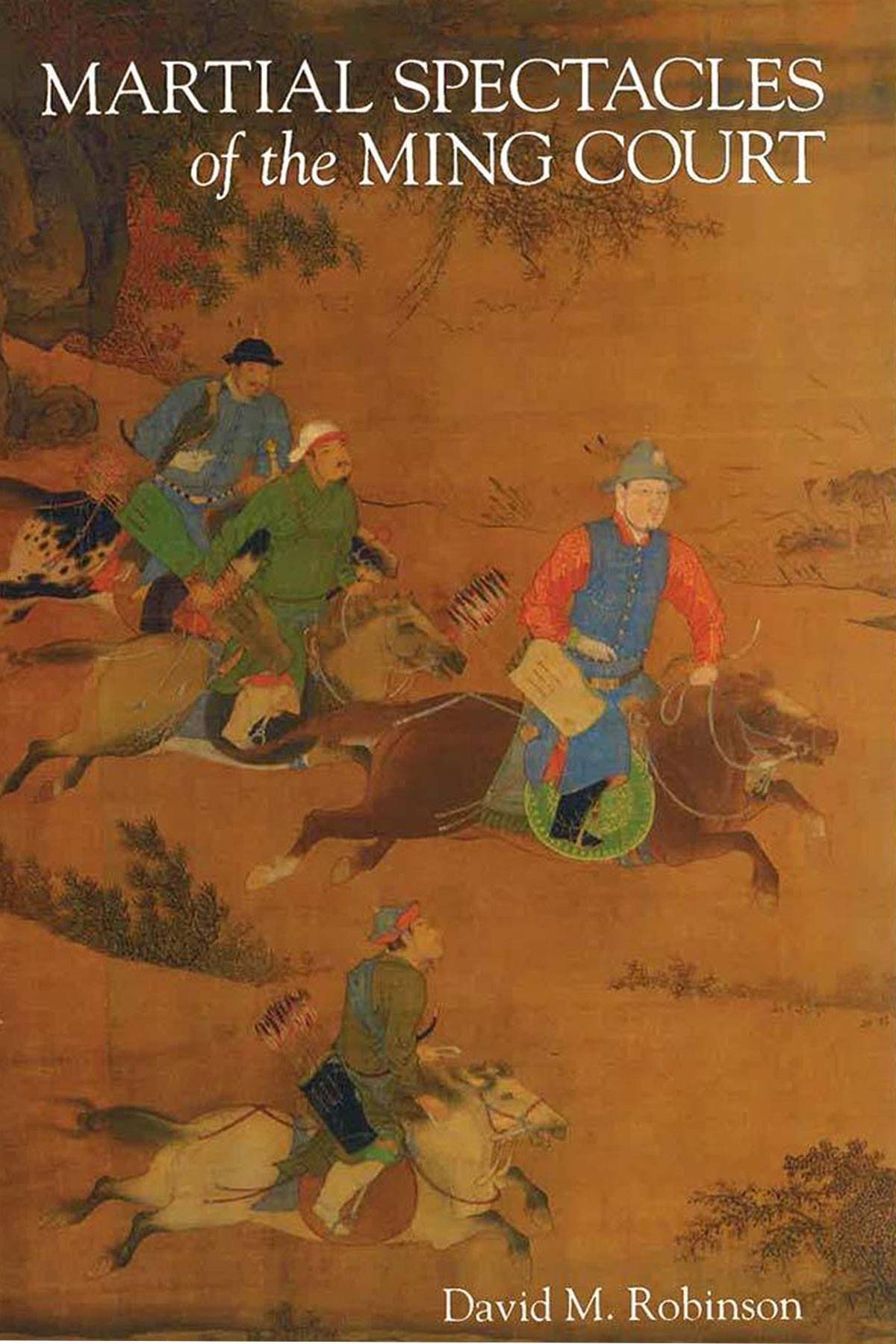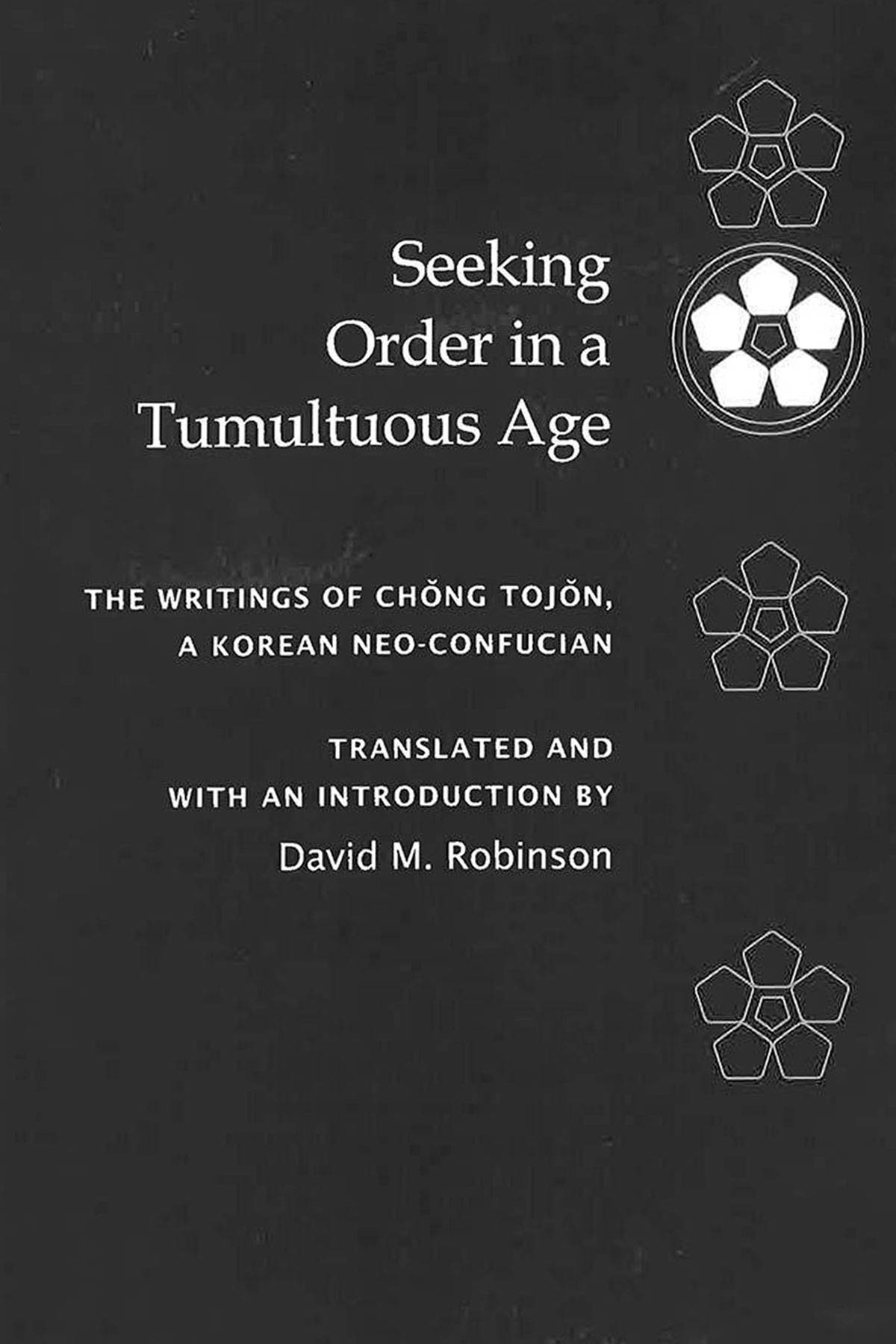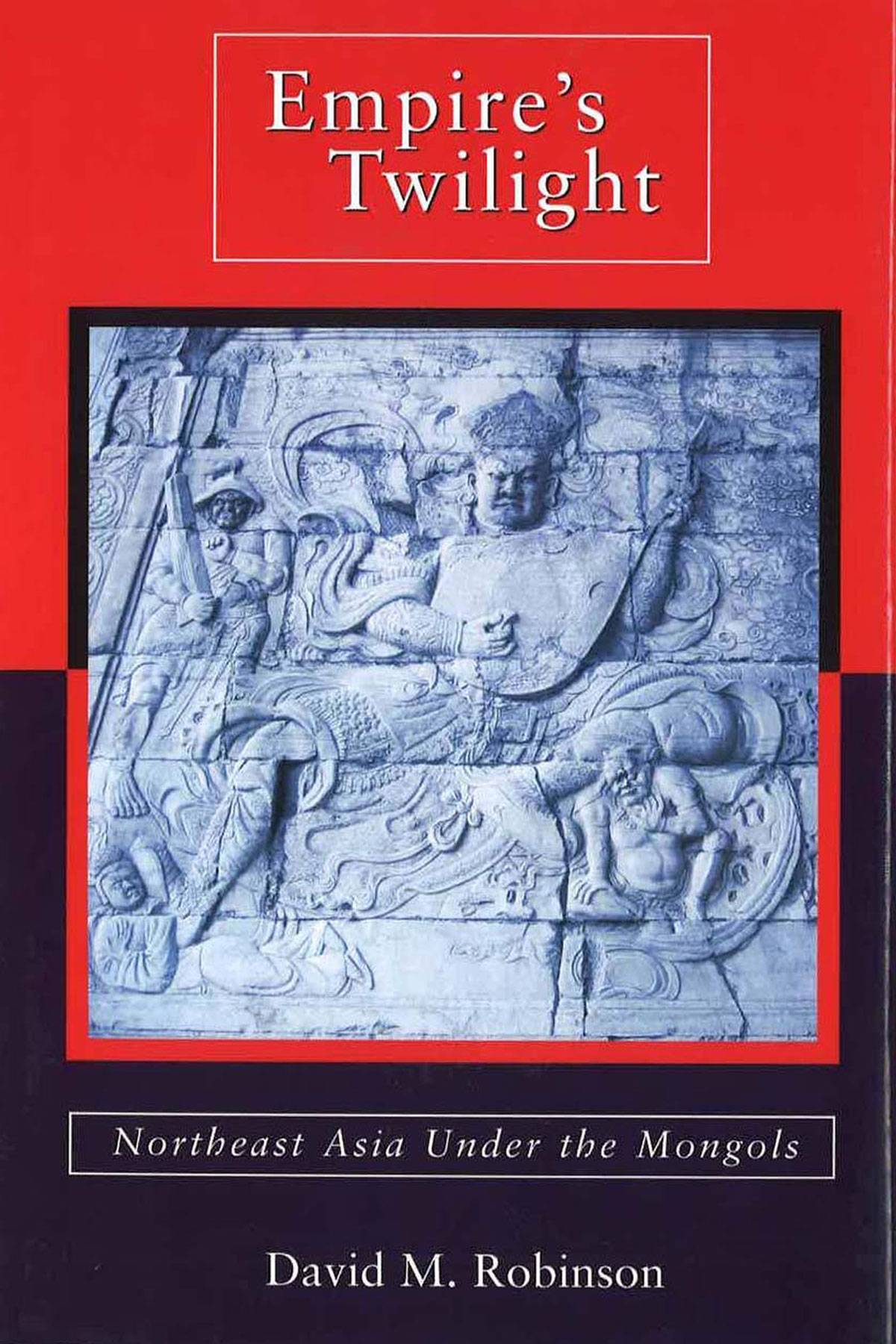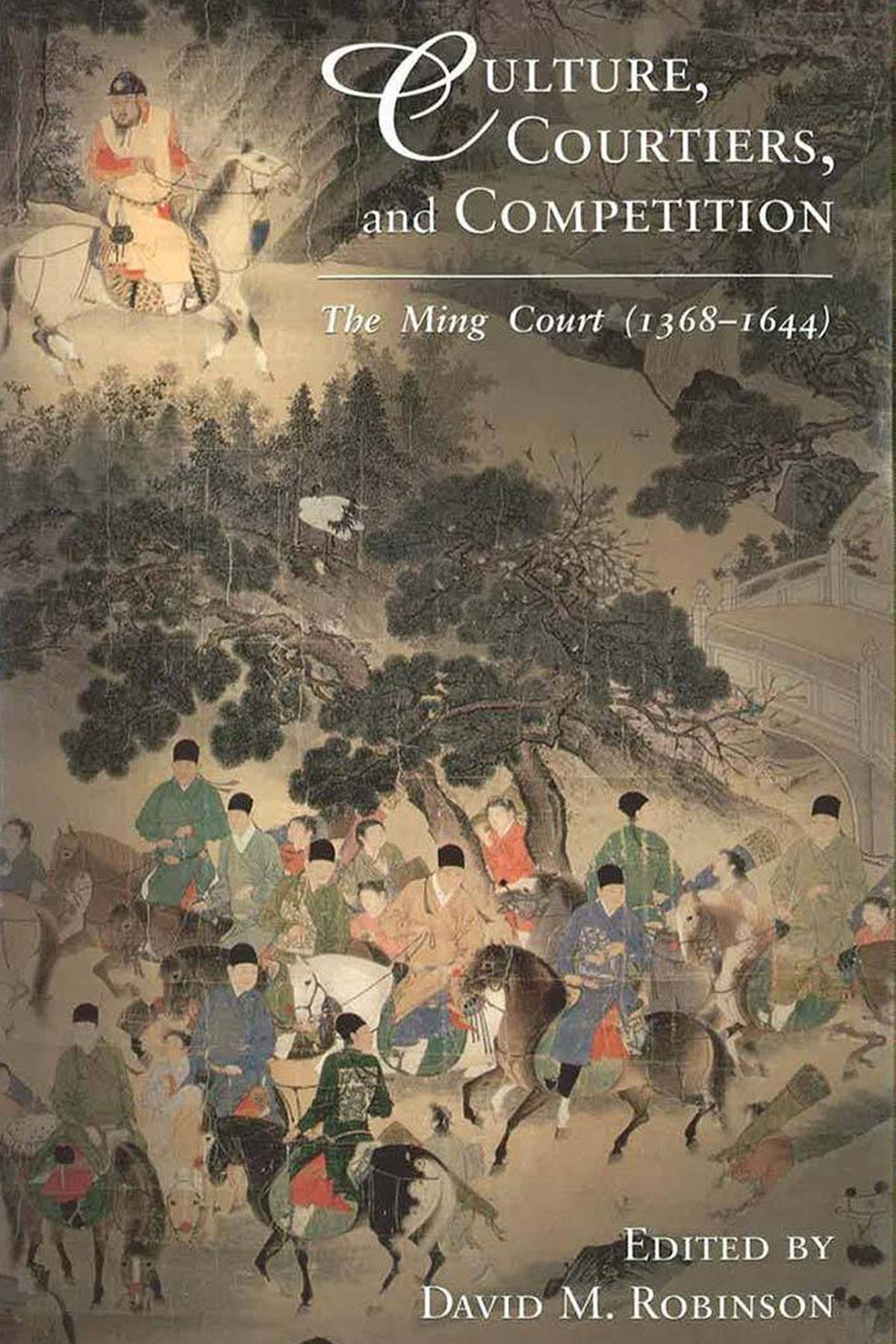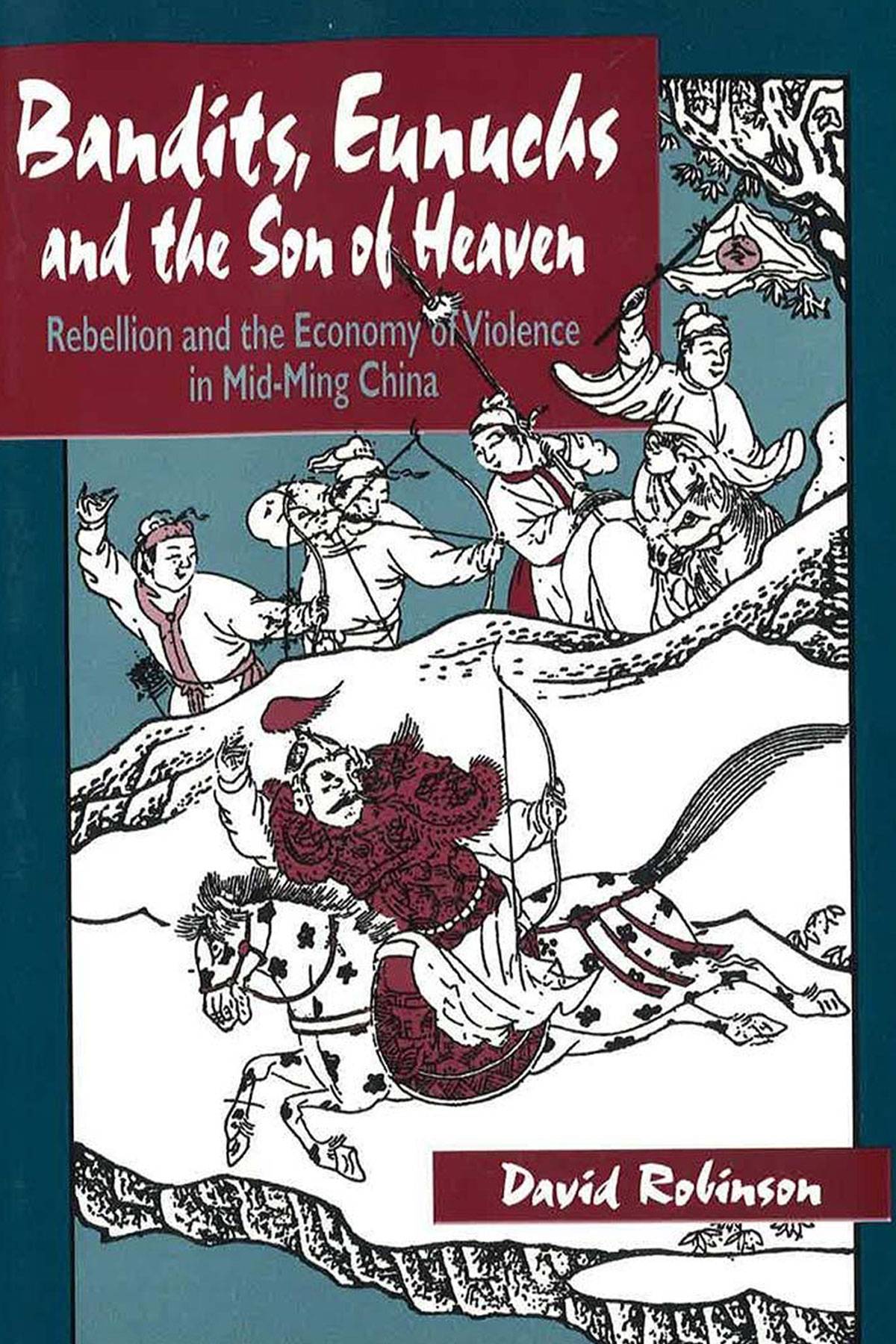
David Robinson
As an undergraduate, I was fascinated by martial arts in China. I spent half my college years in Beijing and Taipei, where I developed a strong interest in local history. Many years later, the result was my first book, Bandits, Eunuchs, and the Son of Heaven. It tried to reconstruct a forgotten world, where bandits and enforcers in and around the capital of Beijing were tied to the emperor and his senior court officials.
A focus on the local unexpectedly drew me into regional and then global history. Later works explored the court culture of the Ming dynasty (1368-1644), early modern Chinese military history, Northeast Asia (especially Koryŏ-Chosŏn history), and eventually the Mongol empire and its various Eurasian successor states of the fourteenth and fifteenth centuries.
As I encountered new places and peoples, I grew curious about their connected histories, including the realm of shared historical memories, diplomatic practice, and modes of rulership. In the Shadow of the Mongol Empire: Early Ming China (2019) and Ming China and Its Allies: Imperial Rulership in Eurasia (2020), are attempts to think about early modern China's rich and diverse connections to neighboring polities. I again approached the question through the prism of the Ming court in Beijing...and its surprisingly deep ties to places from Samarqand, Besh-Baliq, and Tibet to Mongolia, Korea, and more. Korea and the Fall of the Mongol Empire: Alliance, Upheaval, and the Rise of a New East Asian Order (2022) uses the life of the Goryeo ruler King Gongmin to explore Korea's experience as ally to two contemporary superpowers, the Mongol Empire and then the Ming Dynasty, in the second half of the fourteenth century. Ability and Difference in Early Modern China: A Mongol Family at the Ming Court (2025) traces the experiences of one Mongolian family to explore the twin issues of ability and difference, especially as they relate to military affairs.
My current project on Ming diplomatic practice is another effort to integrate the individual and the institutional. Whereas past scholarship has illumined the theory and rhetoric of the tributary system of East Asia, this project reconstructs the experiences of the largely forgotten men that Ming throne send abroad to places like Korea and Manchuria. Often of humble rank and recent foreign descent, they were the face of the Ming throne on the ground beyond Ming borders. It fell to them to translate the written edicts and objectives of the emperor into words that Joseon and Jurchen leaders would find comprehensible and compelling.
My next research considers a seeming paradox of Chinese state and society during the Ming period. On the one hand, we see the massive impact of the Ming state on the physical environment, transportation infrastructure, demographic composition, economic structure, and social dynamics of its northern borderlands, arguably the most ambitious border regime in the early modern world. On the other hand, individuals, families, and communities routinely exploited those prodigious state resources to pursue their own interests. In the process they alternately served, subverted, and redefined state objectives.
